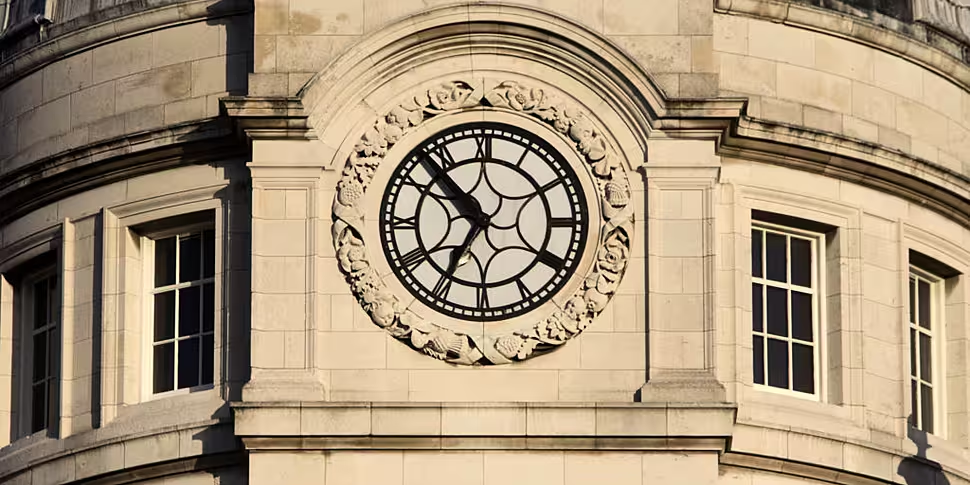MEPs in the European Parliament have voted to end the practice of adjusting clocks twice a year from 2021.
It is a boost for those who want to remove the clock change - however member states will keep their right to decide on their timezone.
EU countries that decide to keep their summer time should make their final clock change on the last Sunday in March 2021.
Those that prefer to keep their standard winter time can adjust their clocks for the final time on the last Sunday in October 2021.
The draft law was approved by MEPs with 410 in favour, 192 against and 51 abstentions.
MEPs also want EU countries and the European Commission to coordinate the decisions, to ensure that the application of summer time in some countries and winter time in others does not disrupt the internal market.
If the commission finds the arrangements could significantly, or permanently, hamper the proper functioning of the single market, it could submit a proposal to postpone the date of the directive by a maximum of 12 months.
The proposal for change followed a major public consultation in 2018, which received 4.6 million responses from all 28 member states.
 Source: European Commission
Source: European CommissionOf these, 84% were in favour of discontinuing the biannual clock changes - while 16% wanted to keep them.
While 88% of Irish people who took part in the survey wanted the change abolished - with only 12% suggesting it should stay.
Late last year, Justice Minister Charlie Flanagan also announced a consultation - asking the Irish public whether they are in favour of abandoning the current system and if they would prefer to stay constantly on 'summer time' or 'winter time'.
The EU Commission has tabled the proposal, which will now need to be agreed upon between the parliament and EU ministers.
Summertime arrangements in the EU require that the clocks are changed twice per year in order to cater for the changing patterns of daylight, and to take advantage of the available daylight in a given period.
EU countries currently switch to summer time on the last Sunday of March and back to standard time on the last Sunday of October.









